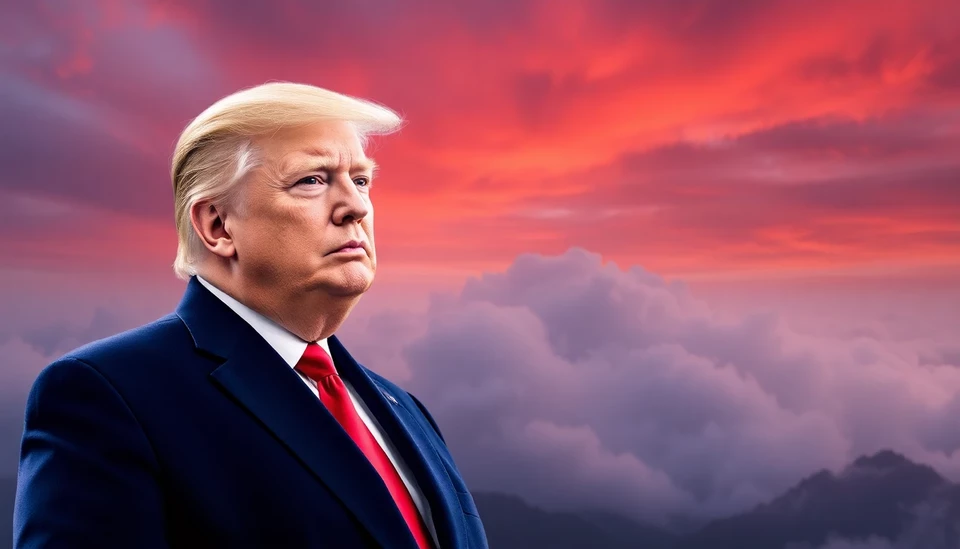
In a stunning turn of international relations and climate policy, former President Donald Trump has inadvertently put China in a prime position to become a global leader in weather modification technologies. This development arises from Trump's own policies during his administration, which significantly changed the landscape of meteorological advancements.
As the world races towards addressing climate change and extreme weather events, the technological capabilities that enable weather modification are gaining unprecedented attention. China, under the leadership of President Xi Jinping, has been heavily investing in advanced technologies aimed at altering weather patterns. These efforts were once met with skepticism but have grown increasingly sophisticated, positioning China as a formidable player in this burgeoning field.
Trump's administration, facing a myriad of challenges, frequently downplayed the significance of climate change. Policies that withdrew the U.S. from the Paris Agreement and sought to roll back regulations on emissions inadvertently created a vacuum in leadership on global climate initiatives. With the United States stepping back from its pivotal role, China capitalized, amplifying its own efforts in weather modification and climate engineering.
China’s research and development in this area have included cloud seeding operations that aim to boost rainfall in key agricultural regions, as well as initiatives designed to counteract severe droughts. The potential for using such technologies to influence weather patterns on a larger scale has amplified concerns globally, particularly as nations contemplate the ethical implications and geopolitical ramifications of such powerful technologies.
Moreover, China’s advancements have sparked a race among various nations to harness similar capabilities, which could dramatically alter weather phenomena and resource allocations across the globe. Observers note that this could lead to tensions, particularly in regions like Southeast Asia and the Pacific, where weather systems often cross national borders.
The implications of Trump’s policies extend beyond mere politics, shaping the future of global governance in climate control and the power dynamics associated with it. While the U.S. has historically been a leader in scientific innovation and international climate discussions, its withdrawal from proactive engagement has left an opening for China to assert itself as a weather superpower.
Experts warn that the prospect of nations wielding weather manipulation technologies for geopolitical gain poses significant risks. The potential for weather warfare exists, instigating fears of countries using these capabilities to create disturbances in rival nations’ climates. This chilling scenario prompts discussions among global leaders on the need for international agreements to govern the use of weather modification technologies effectively.
As China strengthens its position, the discussion continues regarding how the U.S. will reclaim its influence in climate discourse. With the upcoming elections and shifting political sentiments, the route to regaining leadership on international climate policy remains uncertain. Nevertheless, Trump's past decisions have undeniably altered the landscape, granting China an unexpected pathway to weather supremacy.
The future will likely involve complex negotiations and collaborations among nations striving to balance technological capabilities with ethical considerations and environmental responsibilities. The stakes are high, and with weather patterns increasingly erratic due to climate change, the call for responsible stewardship of these powerful technologies has never been more urgent.
With the global community watching closely, the question remains: can the United States reclaim its role in the climate narrative before it’s too late, or will China solidify its status as the world's foremost authority in weather manipulation?
#China #WeatherModification #ClimateChange #Trump #GlobalPolitics #WeatherSuperpower #ClimateLeadership
Author: Sophie Bennett




